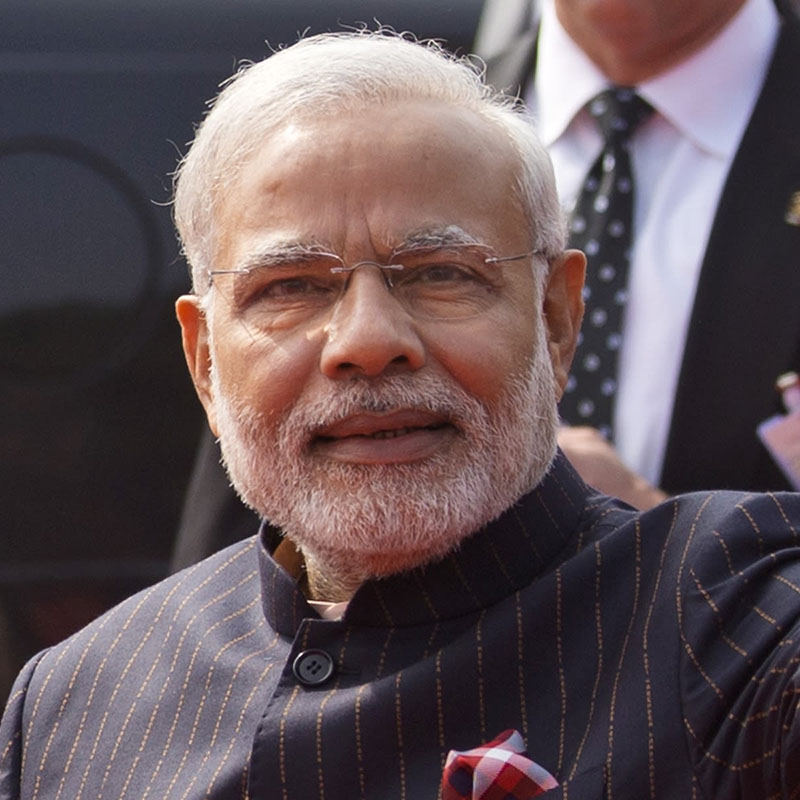Photo Credit: Getty Images
Amid geopolitical tensions, global investors are increasingly turning to India's sovereign debt market as a viable alternative to traditional heavyweights like China and Russia. The nation's $1.3 trillion borrowing market is rapidly emerging as a favored destination, fueled by India's stable economy and New Delhi's efforts to open its bond offerings to foreign capital.
"India has checked all the boxes in terms of what international fixed income investors look for – a favorable growth dynamic, increasing roster of ratings upgrades, and a clear commitment to fiscal prudence," said Tanasheet Bharadia, a senior portfolio manager at Western Asset Management in Singapore. "We've been substantially increasing our exposure."
Data from the Reserve Bank of India shows foreign holdings of rupee-denominated sovereign bonds have surged over 17% in the past year to a record $42.5 billion as of March 2024. Driving this influx has been India's comparatively high yields, openness to foreign participation, and transparency around policymaking.
"We're seeing a once-in-a-generation opportunity in Indian debt," remarked Sajid Alikahn, a portfolio manager at California-based Perpetua Investment Partners. "The improvement in India's economic fundamentals, combined with attractive real yields versus developed peers, made their bonds an irresistible buy."
With Russian debt rendered untradeable by Western sanctions, and China's zero-Covid policy and property crisis spooking investors, India has seized the opening as an enticing alternative for fixed income players. The nation's resilient domestic demand, burgeoning manufacturing sector, and ambitious infrastructure buildout have all bolstered its economic outlook.
Fitch Ratings revised India's sovereign rating outlook to 'positive' from 'stable' in March, citing the country's strengthening external finances and ongoing structural reforms as catalysts. India has also ascended to the fifth-largest economy globally, surpassing the United Kingdom in 2023.
"India's rise represents the culmination of years of disciplined macroeconomic policies and supply-side reforms," observed Shilan Shah, Senior Economist at Capital Economics in London. "The challenge will be sustaining this growth momentum and cementing India's place as a preeminent emerging market."
To accommodate foreign interest, Indian authorities have steadily opened additional quotas for overseas investors and introduced new tenors like the 30-year and 40-year bonds. The government aims to have global funds represent 15% of its outstanding debt in the coming years, up from around 3% currently.
"Our debt operations are focused on enhancing benchmark issuances and elongating the maturity profile," stated Suman Bery, a member of India's central bank rate-setting panel. "Increasing foreign participation in our markets remains a key priority."
As these shifts transpire across the globe, India's rapidly maturing bond market is staking its claim as the next frontier for the world's yield-hungry investors seeking refuge beyond traditional bastions like China and Russia. New Delhi will look to capitalize on this momentum to supercharge development ambitions at home.


